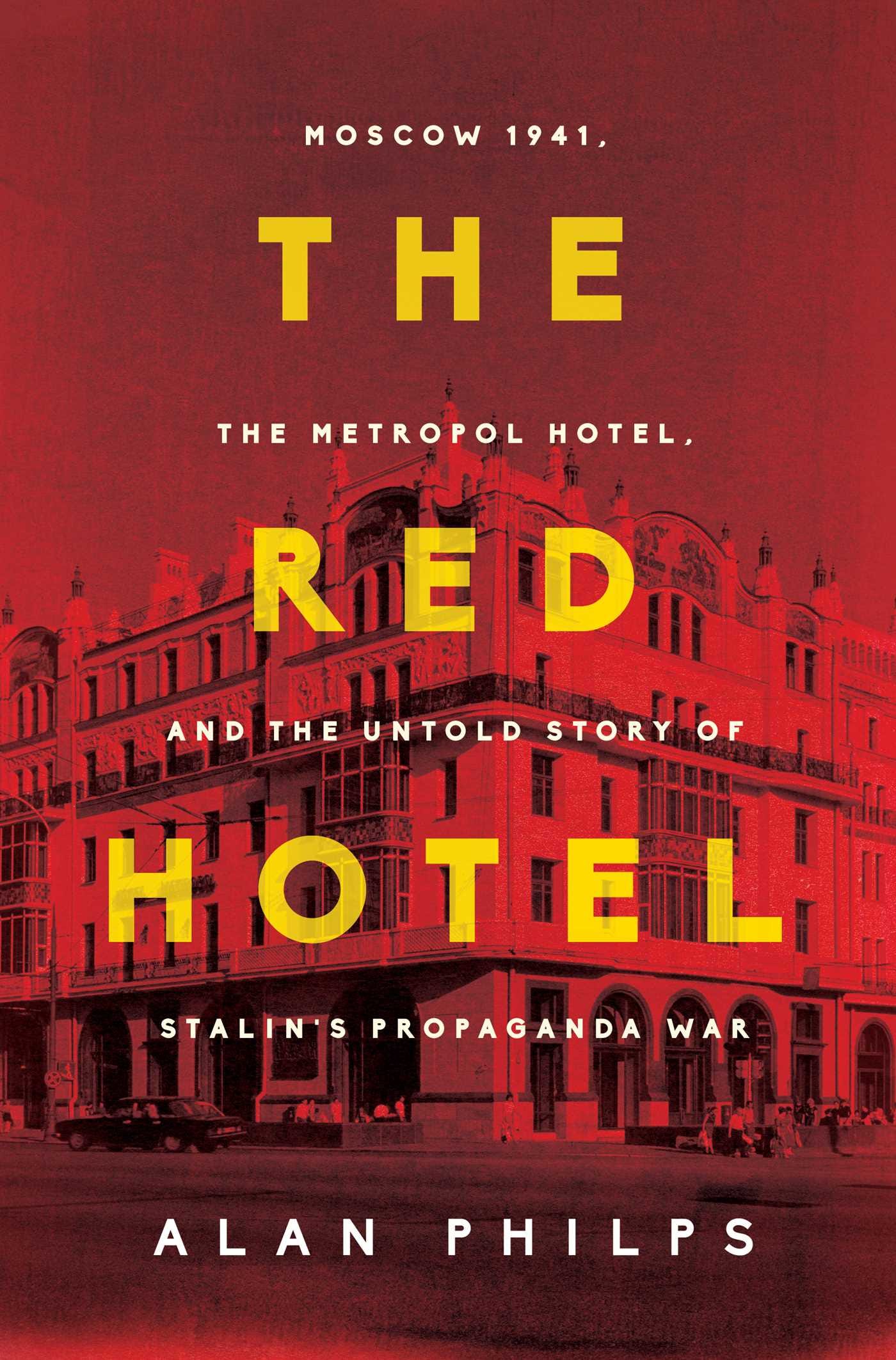"The Red Hotel": my review in the Washington Post
A book about the complications of truth and courage in wartime
The Washington Post invited me to review Alan Philps’s The Red Hotel, a good book about wartime censorship in Stalin’s Soviet Union during the Second World War.
The journalist in wartime enjoys an enviable image: a hard-bitten idealist filing pages from the front lines, interpreting the chaos of battle for the audience at home. During the Second World War, expectations of thrill and reward attracted ambitious Western journalists to the Soviet Union. From the first shots, Nazi Germany’s invasion of the U.S.S.R. in June 1941 was clearly going to be a historical turning point. The reporters who ended up with a posting to Moscow would surely enjoy a privileged view of the clash.
Alan Philps’s “The Red Hotel: Moscow 1941, the Metropol Hotel, and the Untold Story of Stalin’s Propaganda War” documents the lives of those British, American and Australian journalists. In his telling, the principal risks they faced were not bullets but boredom. Far from accompanying the Red Army during its battles against the fascist invaders, the correspondents instead spent almost all of their time confined to Moscow’s Metropol Hotel, a czarist-era hot spot for playboys’ galas and trysts that became a wartime gilded cage. By filing censored stories while playing the role of adventurous journalist, they contributed to a propaganda operation in which Joseph Stalin’s Soviet Union sought to manage Western public opinion.

